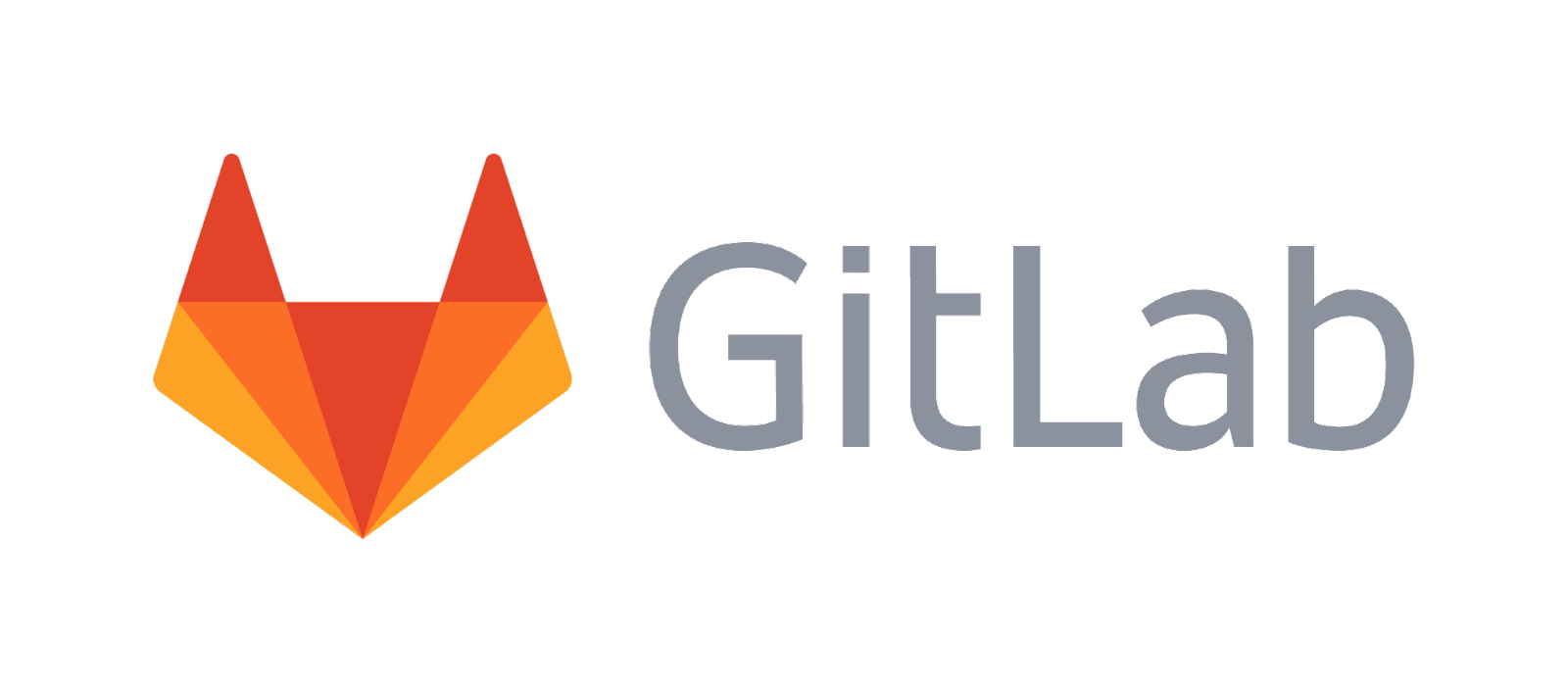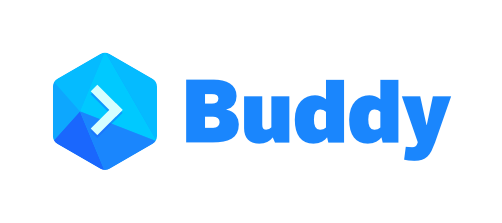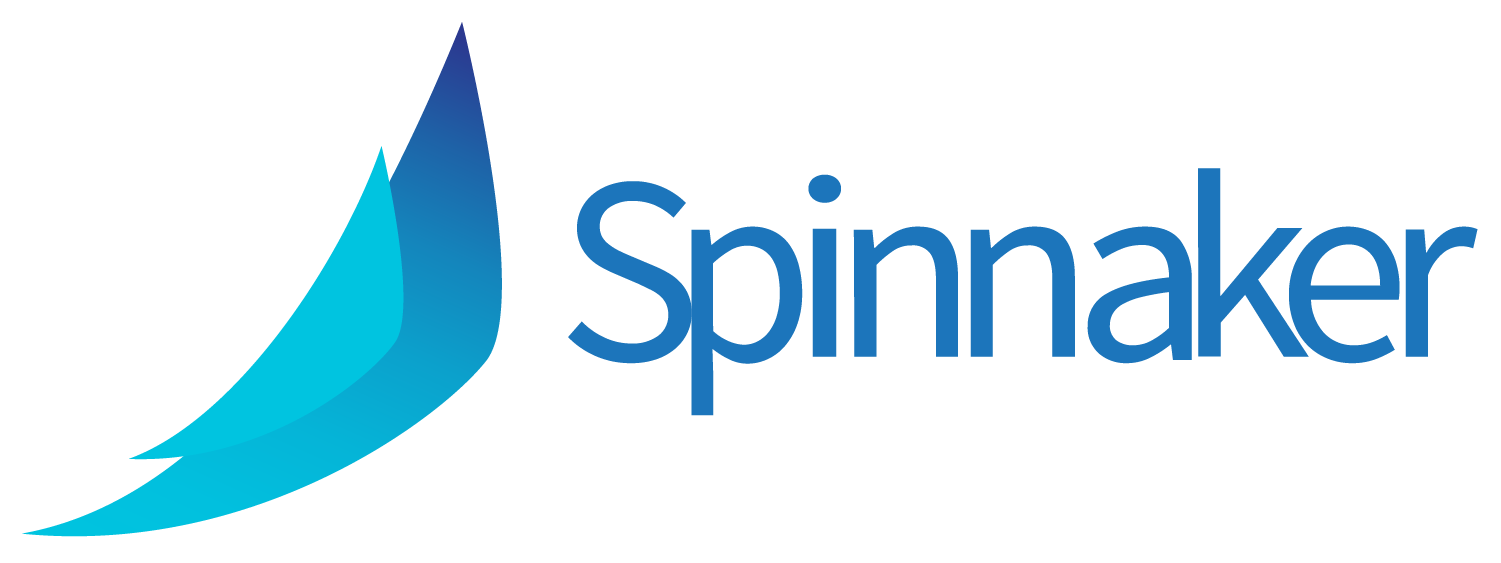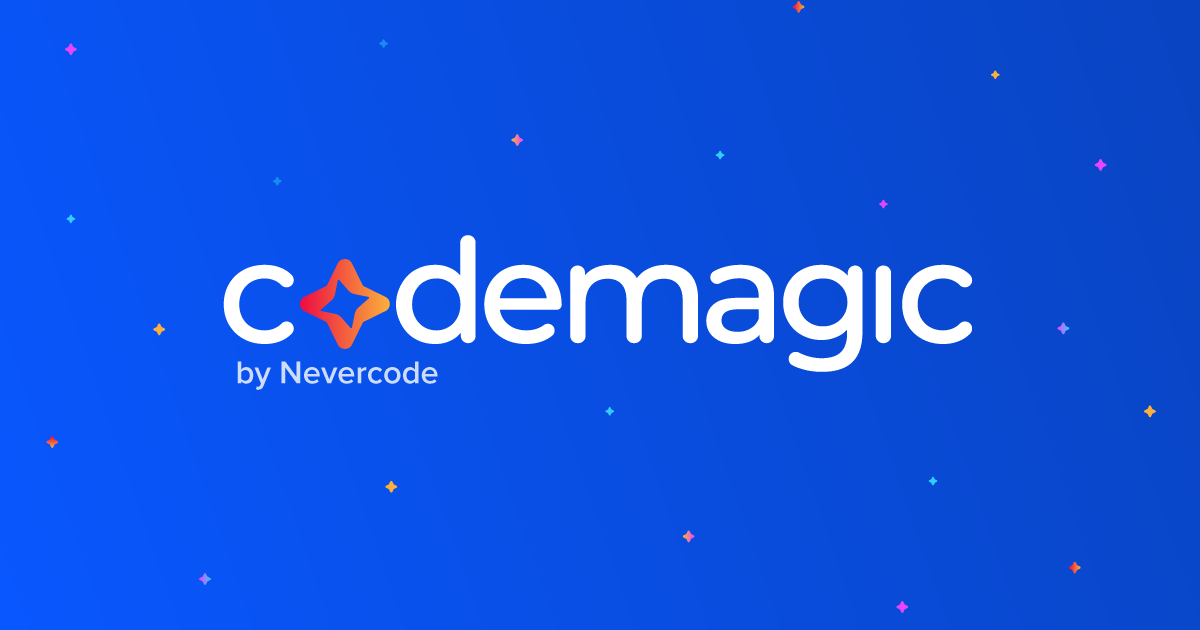What are CI/CD tools?
CI/CD software tools are used by teams to help automate their development, deployment, and testing. These tools help store the environment-specific parameters that must be packaged with each delivery.
In an ever-evolving landscape, CI/CD methodology helps software companies quickly respond to market and customer demands. CI/CD tools allow development teams to set variables, mask variables such as passwords and account keys, and configure them at the time of deployment for the target environment. They also provide dashboard and reporting functions.
Important Features to Consider When Choosing a CI/CD Tool
A CI/CD tool should be able to support current workflows, to make the most of the automation feature, and create a solid CI/CD pipeline.
Consider these key features:
- Easy installation and environment configuration
- User-friendly interface
- Open source and community-contributed plugin resources
- On-Premise or cloud hosting
- Integration capabilities
- Special features and customizations
- Ability to integrate with continuous testing software
Here’s a list of CI/CD tools to consider to increase your software team’s efficiency.
#1 SpiraTeam

SpiraTeam® by Inflectra can be used as the central hub to track and manage each part of your CI chain. SpiraTeam integrates with Jenkins and other build servers to support loads of languages (like Python, Java, C#, Javascript) and connects with SCM tools such as Git and Subversion.
The status of builds can be recorded in SpiraTeam and linked to source code revisions, incidents, and test runs. This provides traceability for each build so that you can see what was changed in each build, what was tested, and what was fixed. SpiraTeam comes with a large library of plug-ins and add-ons that allow it to seamlessly integrate with a variety of other systems.
SpiraTeam offers a free 30-day trial. Pricing starts at $2,499.99 per fixed license per user or $299.99 per month per floating license.
#2 Jenkins

One of the most well-known open-source tools for CI/CD is the automation server Jenkins. Jenkins is designed to handle anything from a simple CI server to a complete CD hub. It is a self-contained Java-based program, ready to run out-of-the-box, with packages for Windows, Linux, macOS, and other Unix-like operating systems. Jenkins has hundreds of plugins available and supports building, deploying, and automating software development projects. Jenkins can be easily set up and configured via its web interface, which includes on-the-fly error checks and built-in help.
Jenkins is a free open-source tool.
#3 Travis CI

Travis CI is a hosted continuous integration service used to build and test software projects. Travis CI automatically detects new commits made and pushes them to a GitHub repository. Travis CI was the first CI service to provide open-source projects for free and continues to do so. The tool provides support for many build configurations and languages like Node, PHP, Python, and Java. Databases and services are pre-installed and can be enabled in your build configuration. Travis CI includes pull request support and auto-deployment on passing builds.
Travis CI is a free open-source tool.
#4 AWS CodePipeline

AWS CodePipeline allows you to immediately begin to model your software release process. There are no servers to provision or set up. AWS CodePipeline is a fully managed continuous delivery service that helps you automate your release pipelines for fast and reliable application and infrastructure updates. You can easily integrate AWS CodePipeline with third-party services such as GitHub or with your custom plugin.
CodePipeline allows for 1 free active pipeline per month with the AWS Free Tier. You may incur additional charges for storing and accessing your pipeline artifacts in Amazon S3 and for triggering actions from other AWS and third-party services that you connect to your pipeline.
#5 TeamCity

TeamCity is a general-purpose CI/CD solution that allows for flexibility for different workflows and development practices. TeamCity integrates with build and test tools, keeps a history of your tests, flags unstable tests, and can help you identify the exact commits that cause failures in your pipelines. Setting up a pipeline in TeamCity is easy and can be done through their simple UI without writing any code.
TeamCity Professional is free and TeamCity Cloud offers a free 14-day trial.
#6 GitLab CI

GitLab CI is a continuous integration tool built into GitLab, a git repository hosting and development tools platform. The CI/CD process in GitLab CI is defined within a file in the code repository itself using a YAML configuration syntax. The work is then dispatched to machines called runners, which are easy to set up and can be provisioned on many different operating systems. When configuring runners, you can choose between different executors like Docker, shell, VirtualBox, or Kubernetes to determine how the tasks are carried out. The coupling of GitLab CI with the GitLab repository platform has definite implications on how the software can be used. GitLab CI is not an option for developers who use other repository hosting platforms. On the positive side, the integrated functionality allows GitLab users to set up a CI/CD environment without installing and learning an additional tool.
GitLab offers a free feature for individual users and the premium option starts at $19 per month.
#7 Bamboo

Bamboo is a continuous integration server that can be used to automate the release management for a software application, creating a continuous delivery pipeline that offers resilience, reliability, and scalability for teams of all sizes. It provides an automated build and test process so you have more free time to code. It also helps you manage builds that have different requirements or targets. Bamboo allows for automatic deployment to a server, such as the App Store or Google Play, and allows you to optimize build performance through parallelism and leverage elastic resources.
Bamboo Data Center starts at $1,200. Pricing tiers are based on agents rather than users and are free for 30 days.
#8 Buddy

Buddy is a CI/CD software that builds, tests, deploys websites and applications with code from GitHub, Bitbucket, and GitLab. It employs Docker containers with pre-installed languages and frameworks to build on, along with DevOps, monitoring and notifying actions. Buddy allows for easy customized Docker-based images as a test environment. Buddy also includes smart change detection, state-of-the-art caching, parallelism, and all-around optimizations. Buddy has over 150 drag and drop actions to create delivery pipelines like a DevOps expert in a fully visualized UI.
Buddy is a free tool.
#9 GoCD

GoCD is an open-source tool to build and release software that supports modern infrastructure on CI/CD. GoCD’s value stream map shows your entire path to production in a single view; you can easily navigate across jobs, spot inefficiencies, and optimize your process. GoCD can streamline your CD workflow on cloud environments such as Kubernetes, Docker, and AWS. GoCD models complex CD workflows for fast feedback with its modeling constructs, parallel execution, and dependency management. It integrates with many popular external tools and services via its extensible plugin architecture.
GoCD is a free open-source tool.
#10 Katalon Studio

Katalon Studio is an automated and continuous testing solution that can integrate with the most common CI/CD tools in the industry. With native built-in integrations, you can use Katalon Studio to create, plan, execute automated tests, analyze reports, and integrate with your desired CI/CD pipeline. Katalon Studio offers powerful recording to easily store UI elements and maximize reusability.
Katalon starts at $1,899 and offers a free trial
#11 CircleCI

CircleCI is a CI/CD tool that supports rapid software development and publishing. CircleCI allows automation across the user’s pipeline, from code building, and testing to deployment. CircleCI can integrate with GitHub, GitHub Enterprise, and Bitbucket to create builds when new code lines are committed. CircleCI also hosts continuous integration for you on their cloud-managed option (SaaS) or you can run CircleCI behind a firewall on your private infrastructure.
CircleCI offers a free cloud option with up to 6,000 build minutes per month
#12 CloudBees Codeship

Codeship is a hosted platform for early development. It automates software releases multiple times to provide fast and thorough developer support. It's a simple, out-of-the-box platform that comes with pre-installed CI dependencies. Their environment presents a simple user interface. CircleCI offers seamless third-party integrations, smart notification management, and project dashboards to provide a high-level overview of a project’s progress.
You can start with the free plan which allows for 100 builds a month.
#13 Buildbot

Buildbot was designed primarily as a way to automate build testing across a wide array of platforms. Buildbot is released with GPL licensing and written in Python using the Twisted library. Rather than abstracting away the underlying language for the sake of simplified configuration, Buildbot’s configuration is written entirely in Python. This means that the configuration tends to be significantly more complex than other systems but administrators have more scope to design their ideal workflow and process. Each stage of the build is separated and programmable. Buildbot positions itself as a framework with tools to build your custom processes, comparable to how web frameworks allow you to build custom sites.
BuildBot starts at $416 per year.
#14 Drone

Drone is a modern CI/CD platform built with a containers-first architecture. Drone uses a simple YAML build file, to define and execute build pipelines inside Docker containers. Drone acts as a middle coordinating layer between Docker and a repository provider. Rather than starting up the CI/CD server and then hooking into a version control system hosting service afterward, Drone requires the repository account information upfront to bootstrap its own authentication, user, and permissions models. It supports multiple database backends and repository providers and has built-in support for setting up TLS/SSL certificates with Let’s Encrypt for transport encryption.
Harness plans start off free for small teams and small startups and plans increase for larger teams.
#15 Concourse

Concourse is an open-source CI/CD system with approximately 100 integrations. Concourse's principles reduce the risk of switching to and from Concourse, by encouraging practices that decouple your project from your CI's little details, and keeping all configuration in declarative files that can be checked into version control. Concourse is designed to be expressive, versatile, and safe, remaining intuitive as the complexity of your project grows. Your pipeline can be visualized in the web UI, and it only takes one click to get from a failed job to see why it failed.
Concourse is a free open-source tool.
#16 Spinnaker

Spinnaker is an open-source, multi-cloud, continuous delivery platform that helps you be intentional about how you ship software by granting visibility and control into your software delivery process. Spinnaker creates deployment pipelines that run integration and system tests, spin up and down server groups, and monitor rollouts. Spinnaker natively supports deploying your applications to major cloud providers such as Amazon, Google, and Microsoft, as well as Kubernetes.
Spinnaker is a free open-source tool.
#17 Semaphore

Semaphore is a hosted continuous integration and deployment service used for testing projects hosted on GitHub and BitBucket. One of Semaphore’s features is native Docker support, which enables testing and deploying Docker-based applications. Semaphore also offers Boosters, a feature that reduces the duration of running a test suite to that of the longest test through automatic parallelization of builds for Ruby projects.
Semaphore allows open source projects to use their tool for free in its full capacity, but free use for private projects is limited to 100 builds per month (Semaphore Classic) or $20 of service every month (Semaphore 2.0).
#18 Codemagic

Although Codemagic started as an official CI/CD solution dedicated just to Flutter apps, it now welcomes all mobile projects. You can easily build, test, and publish your Android, iOS, React Native, and Flutter apps with Codemagic CI/CD. It integrates with Azure DevOps, GitHub, GitLab, Bitbucket, and other self-hosted or cloud-based Git repositories. Building apps on Codemagic YAML file is simple. YAML makes it a lot easier to manage your workflows and keep your build configurations more organized. It also gets automatically detected from the version control system when starting any build.
Codemagic offers a free plan for personal projects and also offers pay as you go and professional plans starting at $299 a month.
CI/CD Tools Conclusion
Continuous integration, delivery, and deployment software are complex automation systems designed to make your processes dependable and repeatable. As you can gather from the descriptions above, there are many different ideas about how automated testing and release are best accomplished, with emphasis placed on different parts of the equation. No single tool will satisfy the needs of every project, but with so many high-quality solutions available, there’s a good chance you will be able to find a system that meets your team’s needs.